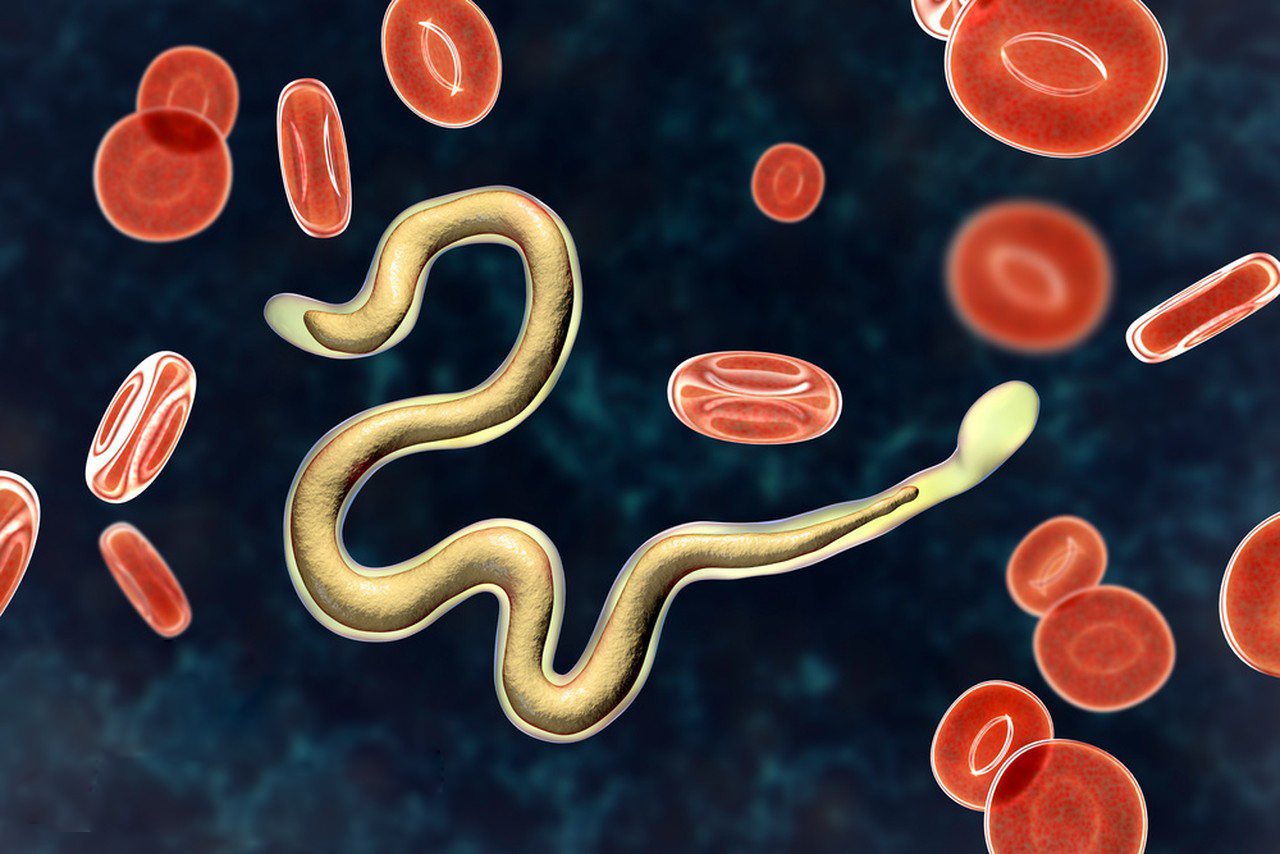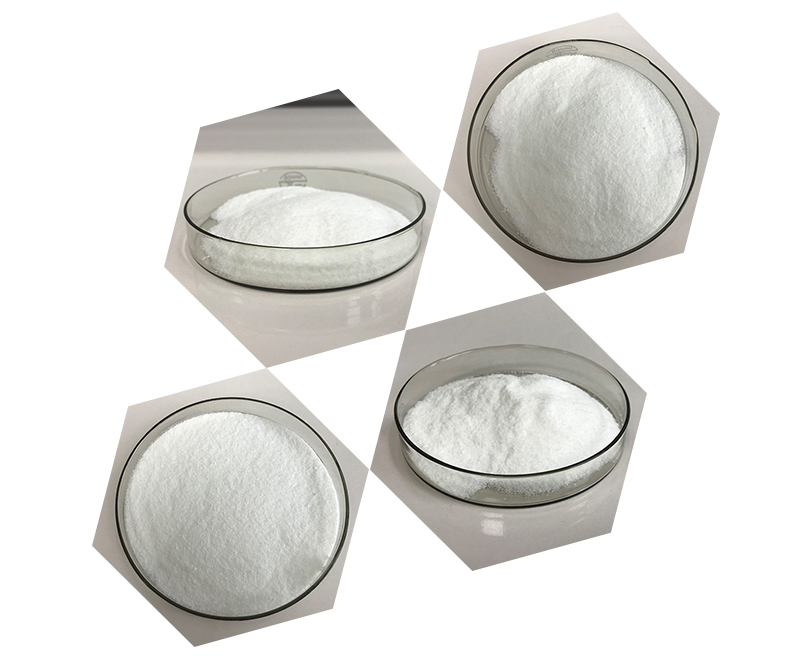Ivermectin is a medication originally developed to treat parasitic infections. It has been widely used to treat conditions such as:
- Onchocerciasis (River Blindness): Ivermectin is highly effective in killing the larvae of Onchocerca volvulus, the parasitic worm responsible for river blindness.
- Lymphatic Filariasis: It is used as part of mass drug administration programs to control lymphatic filariasis, a disease caused by parasitic worms that can lead to severe swelling (elephantiasis).
- Strongyloidiasis: A parasitic infection caused by Strongyloides stercoralis, where ivermectin is an effective treatment.
- Scabies: Ivermectin can be used to treat scabies, a skin condition caused by tiny mites, particularly in cases where topical treatments fail.
- Head Lice: It is used to treat infestations of head lice, especially in cases that are resistant to traditional over-the-counter treatments.
- Other Parasitic Infections: It has also been used to treat a variety of other parasitic infections, such as hookworm, roundworm, and certain types of skin parasites.

Recent Interest (Off-Label Use):
There has been significant controversy and research surrounding ivermectin is potential use in treating COVID-19. Some early studies and anecdotal evidence suggested it might have antiviral properties, but large, rigorous clinical trials have not supported its efficacy for COVID-19 treatment. The U.S. FDA and the World Health Organization (WHO) have cautioned against its use for COVID-19 outside of clinical trials, as there is insufficient evidence to recommend it for this purpose.
Mechanism of Action:
Ivermectin works by binding to specific channels in the nervous system of parasites, leading to paralysis and death of the parasite. It can also affect other biological systems, such as the immune system, but its primary action is against parasites.
Side Effects:
While generally considered safe when used as directed, ivermectin can cause side effects in some people, including:
- Nausea
- Diarrhea
- Dizziness
- Rash
- Itching or swelling, especially if the parasitic infection is heavy (due to the release of antigens from dying parasites).

Important Considerations:
- Dosage: It is essential to take ivermectin at the correct dosage for the specific condition being treated. Overuse or misuse can lead to toxicity or adverse effects.
- Drug Interactions: It may interact with other medications, so it’s important to consult a healthcare provider before using it alongside other treatments.
Ivermectin has a broad range of uses in parasitology and, while it’s generally safe for those indications, its use should be guided by a healthcare professional.
